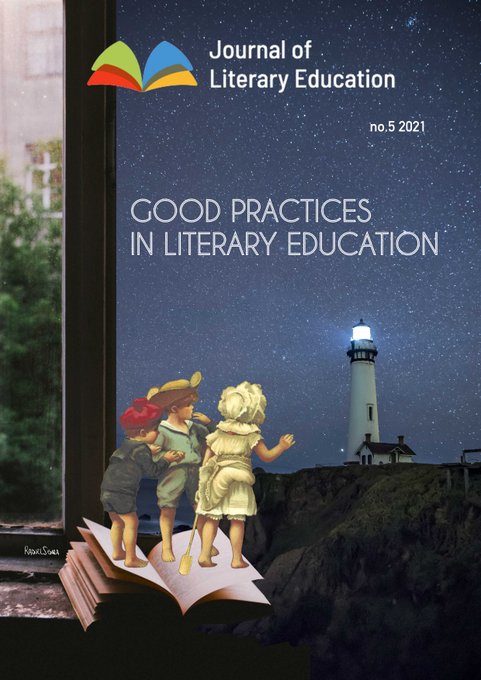Development education: socio-affective learning in the Language and Literature classroom
DOI:
https://doi.org/10.7203/JLE.5.20892 Abstract
Abstract
Educating for development has become an opportunity for countries and their societies to embark on a new path with which to improve life. This article presents an experience in the subject of Spanish Language and Literature where the importance of the affective is worked in the framework of couple relationships through the style of educational communication and participatory methods. These teachings are aimed at promoting knowledge, attitudes and values capable of generating a culture of equality and solidarity committed to promoting human development. The educational project was made up of several phases, in the first one the theater work, Relacionados, was represented in the eighth meeting of youth theater (Trobada de Teatre Jove) organized by the Inestable company and the Instituto Valenciano de la Juventud (IVAJ). The company November Films recorded the project and it was broadcast through virtual channels to other secondary schools of the Valencian Community. In a second phase, a high school group participated in the virtual day that was organized for young people to know and enjoy the theatrical activity, in which Secondary Education theater groups exhibit their works. The results of this artistic and pedagogical activity are encouraging to continue deepening a type of socio-affective learning. In short, this methodological proposal explores other pedagogical possibilities for secondary school teachers to teach through active participation.
 Downloads
Downloads
Downloads
Published
-
Abstract505
-
PDF252
Issue
Section
License
![]()
This work is licensed under a Creative Commons Attribution-NonCommercial-NoDerivatives 4.0 International License.
Authors who publish with this journal agree to the following terms: Authors retain copyright and grant the journal right of first publication with the work simultaneously licensed under a Creative Commons Attribution License that allows others to share the work with an acknowledgement of the work's authorship and initial publication in this journal. Authors are able to enter into separate, additional contractual arrangements for the non-exclusive distribution of the journal's published version of the work (e.g., post it to an institutional repository or publish it in a book), with an acknowledgement of its initial publication in this journal. Authors are permitted and encouraged to post their work online (e.g., in institutional repositories or on their website) prior to and during the submission process, as it can lead to productive exchanges, as well as earlier and greater citation of published work (See The Effect of Open Access).



